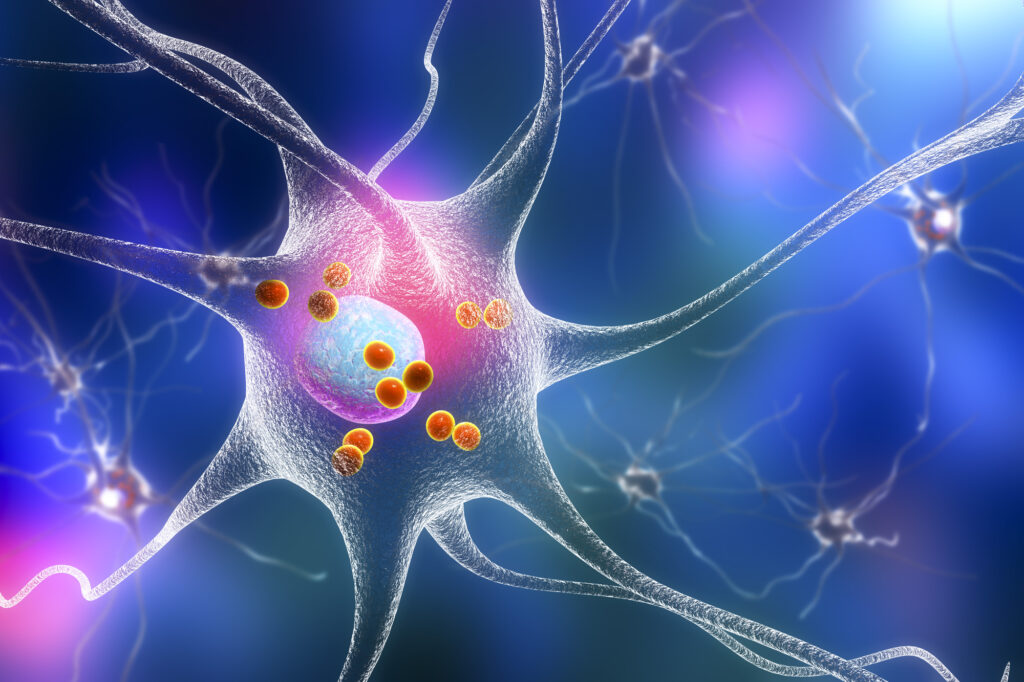The phrase ‘mood foods’ is taking on a whole new meaning. When it comes to warding off depression and anxiety, it might not be what you eat so much as when you eat it.
A new study from Brigham and Women’s Hospital, a member of the Mass General Brigham healthcare system adds to a growing body of evidence that meal timing impacts mental health.
Researchers, who published their findings in the Proceedings of the National Academy of Sciences, set out to study daytime and nighttime eating versus daytime eating only in a simulated night worker situation.
“Our findings provide evidence for the timing of food intake as a novel strategy to potentially minimize mood vulnerability in individuals experiencing circadian misalignment, such as people engaged in shift work, experiencing jet lag, or suffering from circadian rhythm disorders,” said co-corresponding author Frank A. J. L. Scheer, PhD, Director of the Medical Chronobiology Program in the Brigham’s Division of Sleep and Circadian Disorders. “Future studies in shift workers and clinical populations are required to firmly establish if changes in meal timing can prevent their increased mood vulnerability. Until then, our study brings a new ‘player’ to the table: the timing of food intake matters for our mood.”
Study Details
To conduct the study, Scheer, Chellappa, and colleagues enrolled 19 participants (12 men and 7 women) in a randomized controlled study. Participants underwent a Forced Desynchrony protocol in dim light for four 28-hour “days,” such that by the fourth “day” their behavioral cycles were inverted by 12 hours, simulating night work and causing circadian misalignment. Participants were randomly assigned to one of two meal timing groups: the Daytime and Nighttime Meal Control Group, which had meals according to a 28-hour cycle (resulting in eating both during the night and day, which is typical among night workers) and the Daytime-Only Meal Intervention Group, which had meals on a 24-hour cycle (resulting in eating only during the day). The team assessed depression- and anxiety-like mood levels every hour.
The researchers found that meal timing significantly affected the participants’ mood levels. During the simulated night shift (day 4), those in the Daytime and Nighttime Meal Control Group had increased depression-like mood levels and anxiety-like mood levels, compared to baseline (day 1). In contrast, there were no changes in mood in the Daytime Meal Intervention Group during the simulated night shift. Participants with a greater degree of circadian misalignment experienced more depression- and anxiety-like mood symptoms.
“Meal timing is emerging as an important aspect of nutrition that may influence physical health,” said Chellappa. “But the causal role of the timing of food intake on mental health remains to be tested. Future studies are required to establish if changes in meal timing can help individuals experiencing depressive and anxiety/anxiety-related disorders.”
Shift workers account for up to 20 percent of the workforce in industrial societies and are directly responsible for many hospital services, factory work, and other essential services. Shift workers often experience a misalignment between their central circadian clock in the brain and daily behaviors, such as sleep/wake and fasting/eating cycles. They also have a 25 to 40 percent higher risk of depression and anxiety.
“Shift workers — as well as individuals experiencing circadian disruption, including jet lag — may benefit from our meal timing intervention,” said co-corresponding author Sarah L. Chellappa, MD, PhD, who completed work on this project while at Brigham. Chellappa is now in the Department of Nuclear Medicine, University of Cologne, Germany. “Our findings open the door for a novel sleep/circadian behavioral strategy that might also benefit individuals experiencing mental health disorders. Our study adds to a growing body of evidence finding that strategies that optimize sleep and circadian rhythms may help promote mental health.”
Conclusion
The meal timing intervention significantly modified the impact of simulated night work on depression-like mood levels. In the DNMC group, simulated night work increased depression-like mood levels by 26.2% relative to each participant’s baseline. Conversely, in the DMI group, no significant effects were observed. Similarly, the meal timing intervention significantly modified the impact of simulated night work on anxiety-like mood levels. In the DNMC group, simulated night work increased anxiety-like mood levels by 16.1% relative to each participant’s baseline. Conversely, in the DMI group, no significant effects were observed. Importantly, we tested whether increased mood vulnerability during simulated night work was associated with the degree of internal circadian misalignment (i.e., change in the phase difference between the acrophase of circadian glucose rhythms and the bathyphase of circadian body temperature rhythms [expressed as the difference from baseline constant routine to post misalignment constant routine protocol in hours]). Accordingly, a larger degree of internal circadian misalignment was robustly associated with more depression-like and anxiety-like mood levels during simulated night work.






